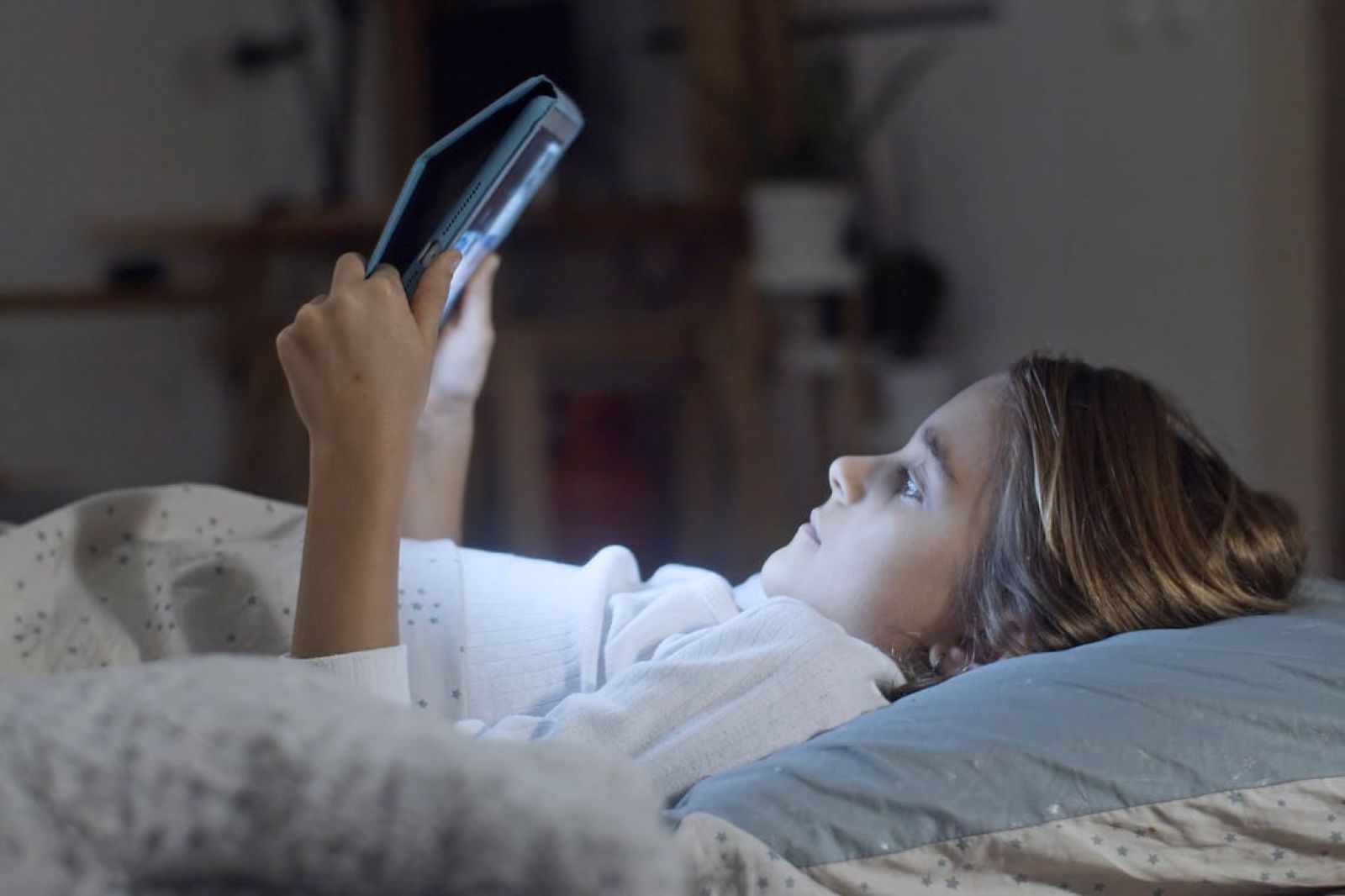Screens and mental health: what parents need to know
Published by Cédric,
Article author: Cédric DEPOND
Source: BMC Public Health
Other Languages: FR, DE, ES, PT
Article author: Cédric DEPOND
Source: BMC Public Health
Other Languages: FR, DE, ES, PT
Follow us on Google News (click on ☆)
A recent study reveals a worrying link between excessive screen time and psychological disorders in children aged 9 to 10 years.

Illustration by Pexels
Scientists have observed that preteens spend an average of 5 hours and 30 minutes per day on non-educational screen activities. This duration appears to increase the risk of future depression and anxiety. The analysis also shows a link, though less pronounced, with disorders such as hyperactivity and attention deficit.
Video chatting, texting, watching videos, and playing video games are the activities most associated with depressive symptoms. These virtual moments often replace protective behaviors such as physical activity or sleep.
The study, published in BMC Public Health, emphasizes that the impact of screens varies according to the children's ethnic background. Caucasian youngsters are more vulnerable to symptoms of depression and hyperactivity than their peers of African or Asian descent.
Jason Nagata, the study's lead researcher, indicates that for minority adolescents, screens can, on the contrary, play an important social role. They help strengthen connections with other young people who share similar experiences.
In light of these findings, families can consider simple measures. Creating screen-free zones or limiting their usage before bedtime, for instance, are solutions recommended by experts.
The results of this research invite us to reconsider our relationship with screens, especially to protect the mental health of the youngest.